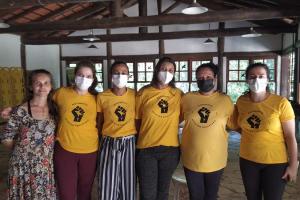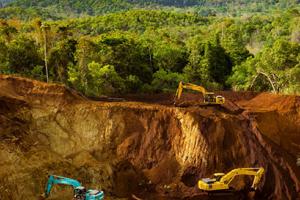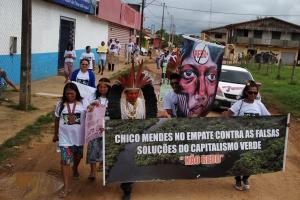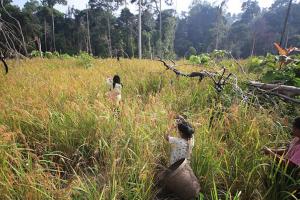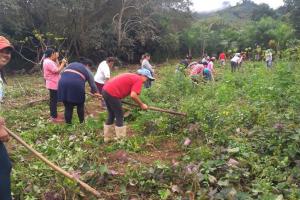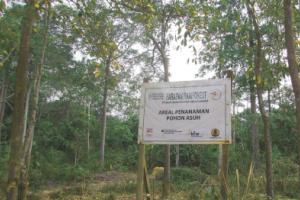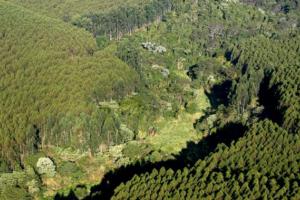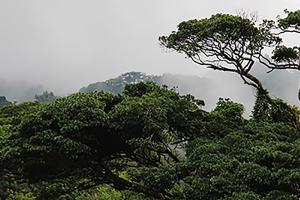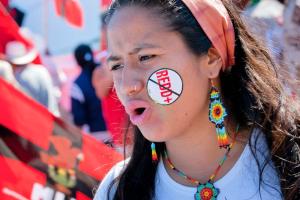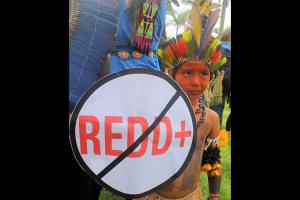Protected Areas
The 'parks without people' conservation model has its roots in the 19th century U.S.A. It has expanded worldwide and given rise to an elitist conservation industry dominated by big conservation NGOs. This model has become another major threat to the physical and cultural survival of forest-dependent communities, their knowledge and their traditional conservation practises.
How does REDD+ fit into the development agenda in Indonesia? What are the actors involved in promoting REDD+ and with which interests? (Available in Indonesian).
The tens of millions of euros that the government of Acre received from the German government for its REDD+ program failed to stop deforestation. Despite this fact several Brazilian states continue to receive funds from the German government.
The approval of a road construction inside the first Ecosystem Restoration Concession in Indonesia puts in evidence the inherent contradictions of such concessions. (Available in Indonesian)
With the Covid-19 crisis, the initiatives of movements and collectives based on feminist economics have gained strength. Feminist economics leads us to reflect on the updated mechanisms of control, while continuing to affirm the capacity for resistance and reconstruction of bodies in movement.
Back in 2004, conservation NGOs and the Indonesian Ministry of Forestry pioneered with a model called Ecosystem Restoration Concessions. This article takes a closer look at this model in the context of new and old threats to forests, and the global push for “forest restoration”. (Available in Indonesian).
A key tactic for the giant pulp producer, Suzano S.A, to keep expanding its industrial eucalyptus plantations in Brazil, is to market itself as a company that practices “conservation” and “restoration.” This conceals its disastrous track record related to forest and forest-dwelling populations.
Testimonies of community women impacted by carbon and forest conservation projects that today are included in the so-called Green Economy.
A story of the peoples of the Atlantic Forest in southern Brazil in a disputed territory where the green economy competes with community-based economies.
